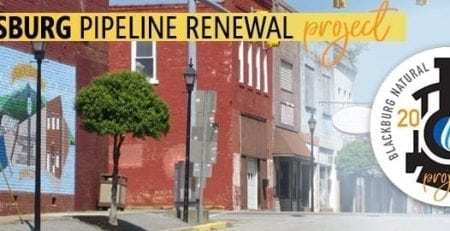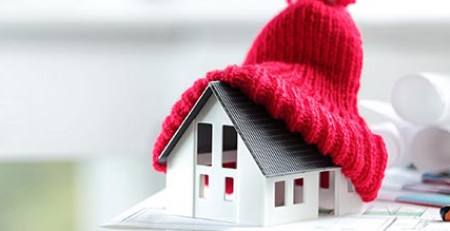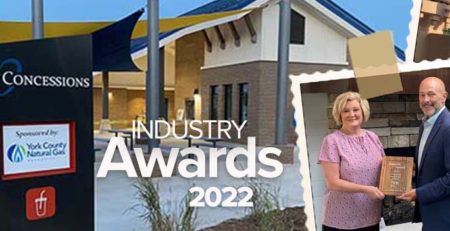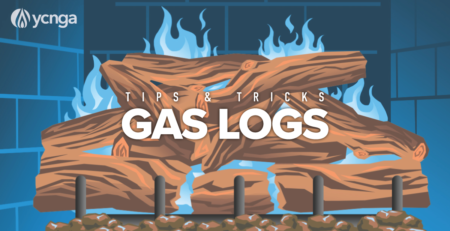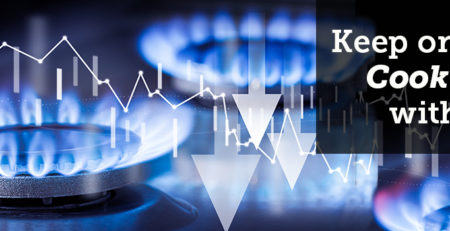Winter Efficiency Tips
The Heat is On!
Cold weather has arrived and chances are you’ve turned on the heat. Natural gas energy is used for HEATING, so you’ll probably notice an increase in your bill during the winter months if you have gas heat and/or use gas logs.
DID YOU KNOW…
DID YOU KNOW…
that a natural gas furnace delivers air to heat registers at about 120°F, which is warmth you can feel and efficiency you can rely on.
To understand your heating bill you have to understand your heating system
A central heating system works to level the temperature in your home, so with lower temperatures outside, your heating system runs more often trying to keep up. Think about the outside temperature and the current setting on your thermostat. If it’s 30°F outside and your thermostat is set to 70°F, your heating system is working to increase the temperature by 40°F.
With proper maintenance of your gas appliances and energy efficient practices, your family can stay warm while you keep more money in your wallet.
Set Thermostat at 68°F degrees
According to energy.gov, one of the easiest ways to save money is to turn down your thermostat. Try setting the thermostat to 68°F and be sure to lower it when you leave the house, or at night while you’re sleeping. Better yet, invest in a programmable thermostat (for around $50 at home improvement stores) and create a schedule that follows your family’s routine. Programmable or smart Wi-Fi thermostats allow you to preset different schedules for times when less heating is needed.
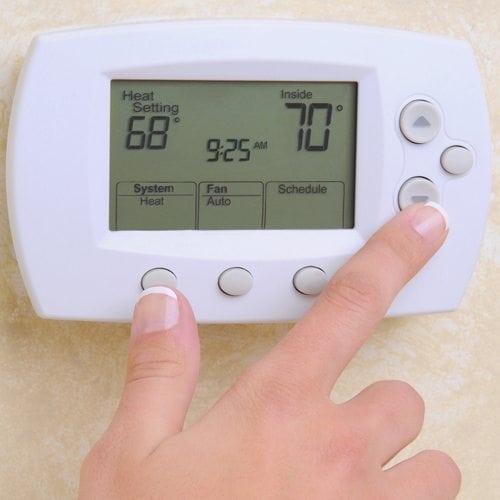
Of course, remembering to change your thermostat every time you leave your home can be difficult. That’s where a programmable thermostat comes in. Programmable thermostats can be set to your schedule and automatically make these adjustments for you.
Maintain your HVAC System
To make sure your heating system runs safely and at top performance have it inspected annually by a certified technician. Routine checks of heating and cooling systems by a qualified technician will help them run efficiently and extend the life of the equipment. Remember to replace air filters frequently to keep dust and dirt out. A unit will work much harder, and use more energy to push air through a dirty filter. A clean filter also prevents dirt from building up inside the system, which can cause breakdowns.
Other ways to be more efficient and reduce your bill
ENERGY SAVING TIPS:
CLOSE VENTS and doors to unused areas
DRESS IN LAYERS
CHECK WINDOWS AND DOORS for gaps – use towels or blankets to block gaps
KEEP BLANKETS HANDY
OPEN CURTAINS to rooms facing the sun, but CLOSE THEM when the sun goes down
FIND AND STOP DRAFTS from coming through electrical outlets, holes in exterior walls, and from doors and windows.
Check your HVAC FILTERS MONTHLY and change them when dirty, or according to manufacturer guidelines.
CHECK YOUR DUCT WORK for leaks or tears and repair fallen or crushed ducts.
Find more tips from energy.gov
HOW MUCH CAN YOU SAVE?
Savings depends on many factors including where you live and what your energy use habits are, but generally here’s an idea of the savings you can achieve:
- Adding or upgrading insulation can cut up to 30% off your heating and cooling bill.
- Turning the thermostat down may save you from 1-3% of your heating bill for EACH DEGREE lowered. It’s ok to lower the thermostat when you’re away from home for extended hours (while at work, etc.). Remember your furry friends have fur coats and will be quite comfortable.
Heat Water Wisely
Water heaters are the second biggest energy users in a typical home, next to the heating and cooling system. Natural gas water heaters cost less to operate than electric water heaters, on average, and can heat water twice as fast.
The Department of Energy recommends having your tank-based hot water heater set to 120°F for most people, but if you’ve never adjusted the temperature on your hot water heater, it’s probably set to 140°F, which is the default setting from most manufacturers.
To reduce your energy consumption in the winter consider using showerhead flow-restrictors and take shorter showers.
Tankless water heaters offer greater efficiency. Rinnai Tankless Water Heaters only heat water as it’s needed and shut down when the demand for hot water ceases, so they use less energy—up to 40 percent—and produce an endless supply of hot water.
HOW MUCH CAN YOU SAVE?
Lowering your water temperature and insulating pipes can cut hot water costs by up to 10%. Consumers who use tankless water heaters report savings up to 30%, but costs can vary depending on hot water usage.
Look for Energy Efficient Appliances
Even with the best maintenance, appliances eventually have to be replaced. When that time does come look for appliances with the ENERGY STAR label. These appliances exceed energy efficiency standards and will help save big on your energy bill.
Most major appliances come with an ENERGYGUIDE label which includes information on energy efficiency and operating costs. Compare the ratings on models of the same size. Remember, bigger doesn’t always mean better. Consider your family’s needs and habits. Choose the appliance that offers the performance you need without using extra energy.

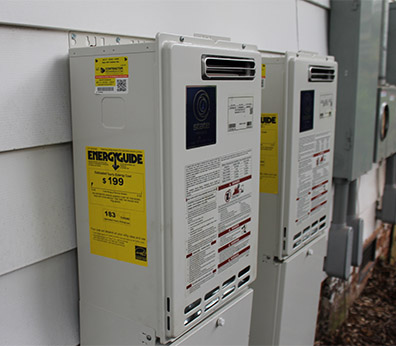
When you’re shopping for a new appliance, look for the EnergyGuide label, the yellow tag you’ll find attached to most appliances. It tells how much energy an appliance uses and makes it easier to compare the energy use of similar models. Labels are removed at installation.
Choosing natural gas appliances is always a good decision
According to the U.S. Department of Energy, over half of all households use natural gas to heat their homes. And with good reason, too — this fossil fuel is efficient, reliable, economical and environmentally friendly. In fact, it may surprise you to learn that natural gas is actually considered the cleanest fossil fuel. It’s easy on your wallet as well, helping you save money when compared to other conventional energy sources available for residential use. According to the U.S. Department of Energy, it costs about 68 percent less than electricity per British thermal unit (Btu), the standard measure of energy.
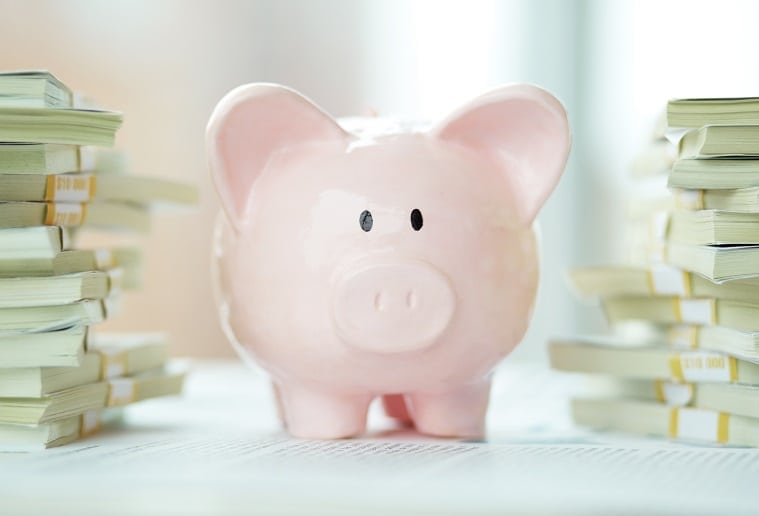
Convert & GET REBATES UP TO $925
While the initial cost of natural gas appliances may be slightly more than electric options, the long-term operating costs can be significantly lower, especially for heating, cooking, and drying clothes. To help offset the higher costs of natural gas appliances we offer energy efficient rebates, up to $925, when you convert to natural gas from another energy source.






